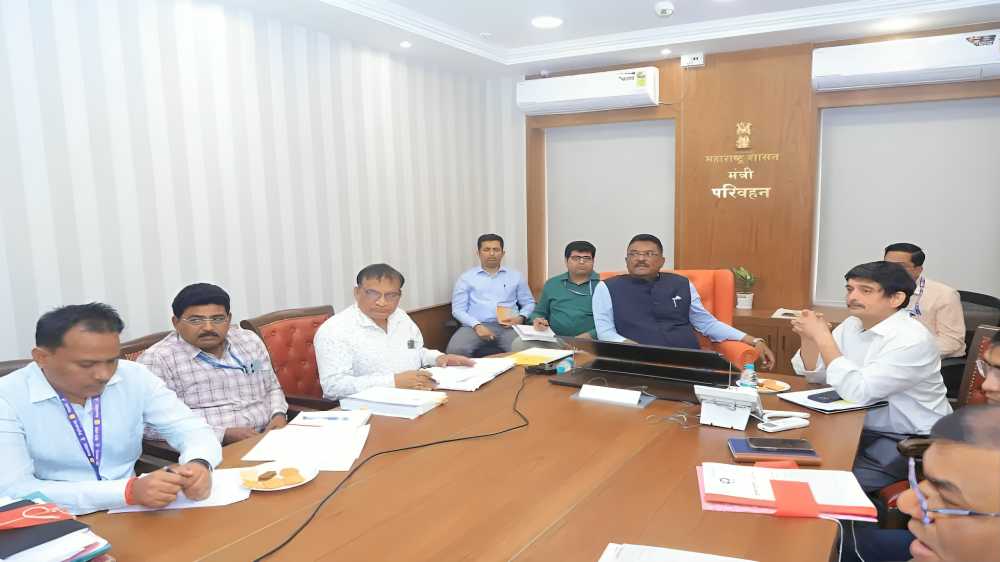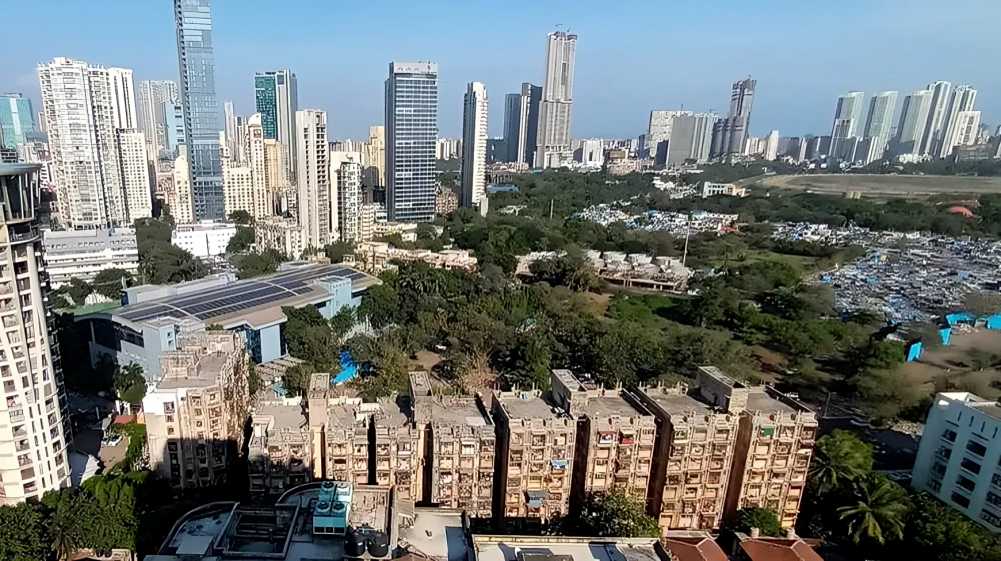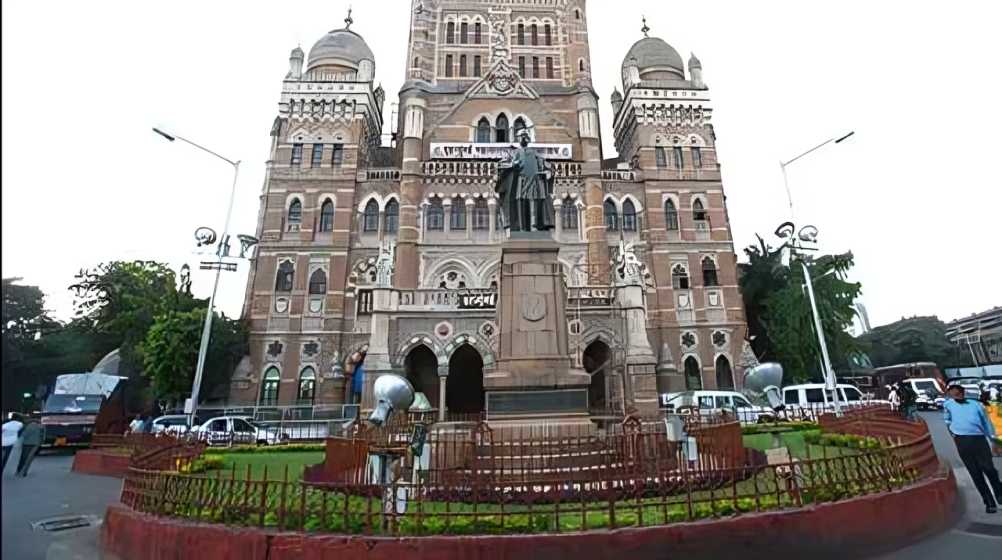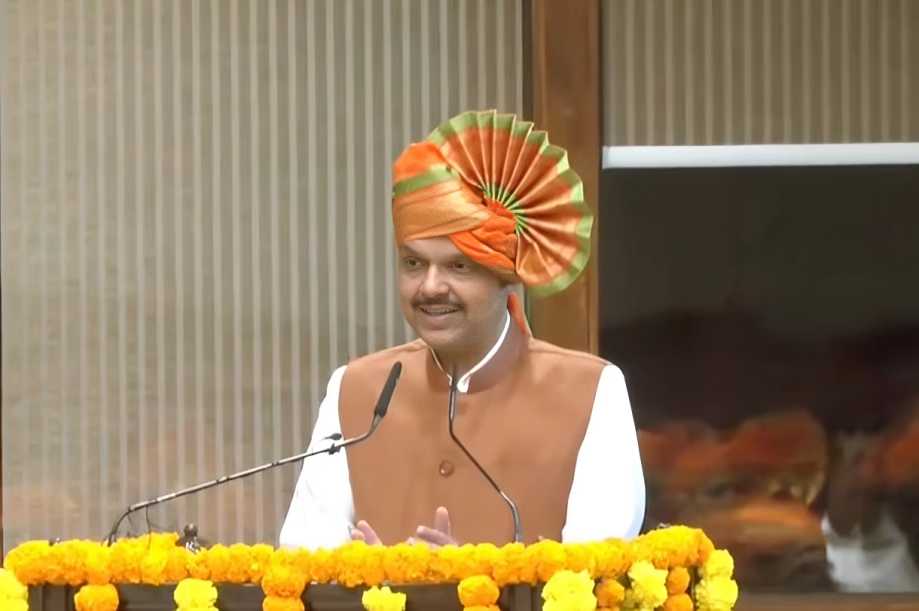November 20, 2025: Mira-Bhayandar’s long-pending redevelopment push is set to accelerate as the civic administration moves toward recognising groups of at least five buildings—or plots meeting a prescribed minimum built-up area—as ‘mini clusters’ under the state’s cluster redevelopment framework. The initiative aims to fast-track the transformation of unsafe, ageing structures that pose risks to residents.
Maharashtra Transport Minister Pratap Sarnaik announced that the urban development department has been instructed to urgently forward the revised proposal to Deputy Chief Minister Eknath Shinde for approval. He made the statement during a review meeting at Mantralaya, attended by Additional Chief Secretary (Urban Development) Asim Kumar Gupta, Mira-Bhayandar Municipal Commissioner Radha Binod Sharma, Deputy Secretary (UD) Nirmalkumar Chaudhary, Section Officer Vinod More, Assistant Director (Town Planning – Mira-Bhayandar) Purushottam Shinde, former corporator Rajesh Vetoskar, and several citizens and architects, including Shivkumar Sharma, Premsingh Rajput, Gaurang Rathod, Nitin Mistry, and Jitendra Shah.
Sarnaik said that clusters comprising at least five buildings—or plots that fulfill the minimum area criteria—will qualify for redevelopment benefits under the Unified Development Control and Promotion Regulations (UDCPR). He directed officials to finalise the revised proposal immediately and submit it to the Deputy Chief Minister. A ‘mini cluster’ model is being drafted specifically for densely populated, over 30-year-old, unsafe buildings where residents face challenges relocating due to insufficient temporary accommodation. Officials noted that expanding cluster redevelopment will allow phased rehabilitation and faster progress.
Following the Thane Municipal Corporation’s approach, structures over 30 years old in former gram panchayat areas will also come under redevelopment. Under UDCPR, these buildings may receive incentives linked to existing built-up area calculations, with the potential to qualify for more than 6 FSI through a performance-based formula. Sarnaik said these measures will expedite the redevelopment of dilapidated buildings and support the broader goal of building a “slum-free, safe and sustainable city.”
Meanwhile, the Maharashtra Cabinet has approved a policy for collective redevelopment of MHADA layouts spanning 20 acres or more in Mumbai and its suburbs. Chief Minister Devendra Fadnavis cleared the proposal, which aims to create a significant stock of affordable homes featuring modern amenities. MHADA’s 56 colonies, built over 60 years ago and now housing around 5,000 cooperative societies, will undergo redevelopment to replace dilapidated structures. The new policy states that developers will not require unanimous resident consent but will need approval from the housing societies. A committee led by the housing department’s additional chief secretary will oversee implementation.
Source: Mid-day





